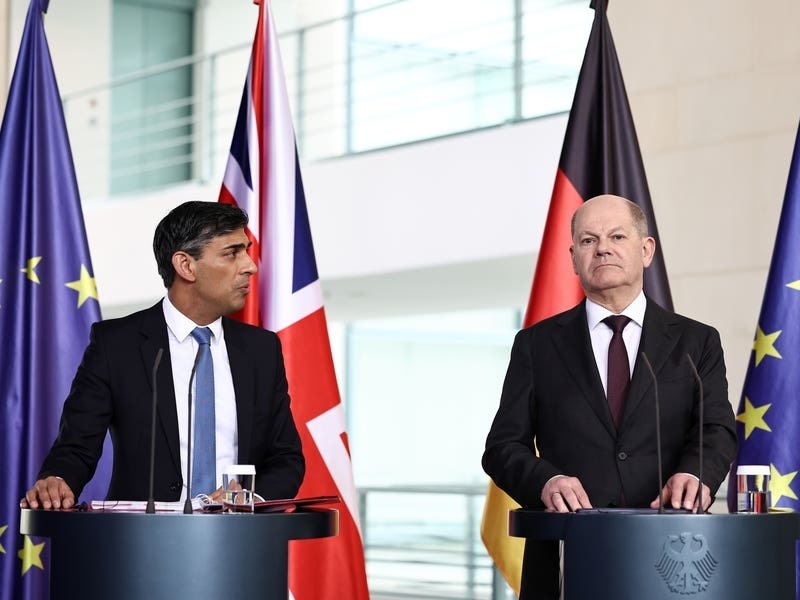Simon Soar, chief executive of the Jersey Hospitality Association, made the comments during the organisation’s careers fair, which was held at the Pomme d’Or Hotel yesterday to encourage Islanders to pursue a career in the industry.
Mr Soar recently said that a substantial labour shortage – caused by Covid and Brexit – had sparked competition between businesses who were now pushing their hourly rates up to attract employees.
One firm was recently offering £14 per hour for a kitchen porter – about £4 more than last year.
He said this situation was causing some hospitality workers to leave
their current employer for better pay, something which could cause additional problems for the sector.
‘I don’t mind what people want to pay their staff but the problem is that if you put a wage up for a position that is significantly higher [than the industry standard], you start poaching people,’ he said. ‘Paying people good wages is great to see but stealing staff from other people becomes detrimental to the industry.’
He warned that this approach to the labour shortage was ‘unsustainable’, and would, if it continued, result in hospitality businesses raising their prices.
‘If everyone is pushing their wages up, the only way a business can remain sustainable is to push its prices up and we don’t want to see that,’ he said. ‘That then stops people going out, and yes – you might be able to pay the wages people want – but no one will be going out to enjoy it.’
He added that sourcing local talent through events such as yesterday’s careers fair would help to tackle the issue, but that it
was ‘not a permanent solution’.
‘What we are looking for are multiple opportunities to chip away at some of the issues we are facing,’ he said. ‘If we get 50 to 100 people out of today into the industry, that’s 50 to 100 jobs fewer which need to be fulfilled from other resources. We are constantly facing new challenges and at the moment it’s about being resourceful enough to take any opportunity and build it up slowly.’
Lee Madden, the managing director of GR8 Employment Solutions, said that the industry was facing a ‘major problem’ in terms of labour shortages.
‘We saw around 2,500 people leave the industry last year and they are not returning,’ he said. ‘I’m a great believer in home-grown talent and I think we should be looking to the local market to support the industry to enable our community to grow but the simple fact of the matter is that we haven’t got enough people.’
He added that one of his clients had opened a new restaurant but that the head chef had ‘left him in the lurch’, moving to a position which offered ‘slightly better pay’.
‘It would be really lovely if everybody in the industry agreed that we are not going to poach,’ he said.
Steve Elson, the operations manager for Liberation Group, said that the wage war would remain an issue ‘in the background’ but that the business was confident it would retain its staff.
‘We feel that we looked after all the people who work for us during the pandemic and I think they respect us for that,’ he said.
When asked how Brexit was affecting the sector, he added: ‘It’s going to be harder to get people from Europe. [In terms of] year-on-year catering, I think we always hit these challenges and this one is just an extra hurdle for us to get over but I think we’ve done that quite well.’






